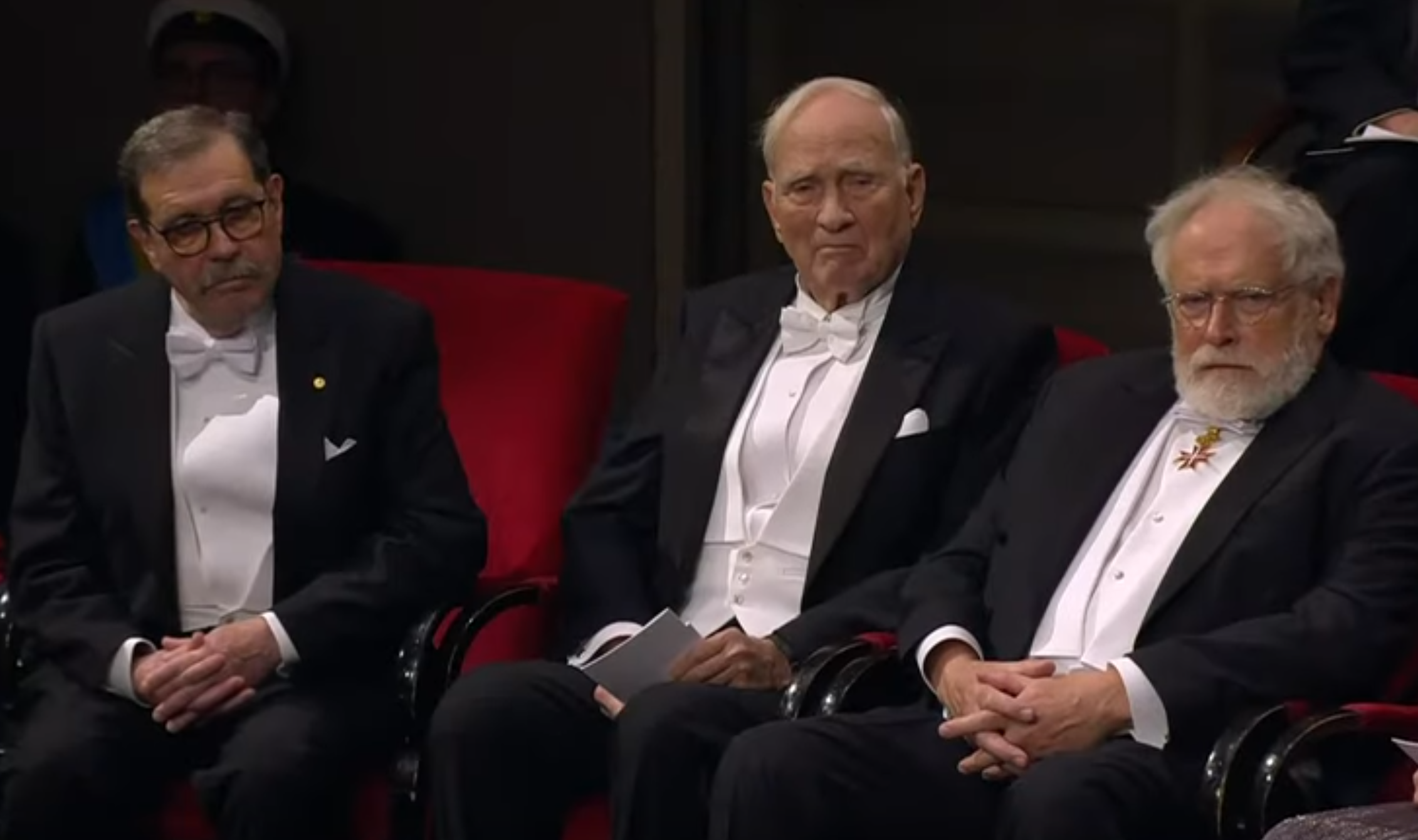Any claim of a consensus that “science is settled” regarding the existence of a dire climate crisis emergency caused by carbon dioxide is a deceptive, destructive, and costly fraud.
A “World Climate Declaration” made public by the non-profit scientific Global Climate Intelligence Group (CLINTEL) in August endorsed by 1,609 informed scientists and professionals — including two Nobel Laureates, John Clauser (USA) and Ivar Giaever (Norway/USA) — clearly says otherwise.
Having published two highly rated books on the subject — the second at the urgings of the late Dr. Fred Singer, founder of the U.S. Weather Satellite Service, and late Dr. John Coleman, co-founder of the Weather Channel — this writer is among the 321 U.S. CLINTEL signatories.
CLINTEL argues that climate science has degenerated into a discussion of beliefs, not on sound, self-critical science:
- There is no emergency: scientists should openly address uncertainties and exaggerations in their predictions of global warming, and politicians should count real policy costs as well as imagined benefits of their proposals.
- Natural as well as human-caused factors cause temperature changes: the world has warmed significantly less than theoretical models have predicted, revealing that we are far from understanding the complex influences.
- Climate models are not remotely plausible as policy tools: they exaggerate the effect of greenhouse gases while ignoring the enriching and vital vegetation benefits of CO2, which is essential to all life.
- Records show that global warming has not increased natural disasters; however, there is ample evidence, that CO2 mitigation measures are as damaging as they are costly.
- Climate policy must respect scientific and economic realities: there is no climate emergency, and therefore, CLINTEL strongly opposes the harmful and unrealistic net-zero CO2 policy proposed for 2050.
CLINTEL’s declaration counters alarmist doomsday scenarios based upon faulty assumptions and models trumpeted by the media, which have proven entirely unrealistic.
Following temperatures of the 1930s warmer than now, and despite 1940s World War II industries that released massive amounts of CO2 into the atmosphere, three decades of cooling until the late 1970s led “experts,” scientific institutions, and major media networks to announce the onset of a next Ice Age.
This alarm soon reversed to an alleged opposite global warming threat.
In June 2008, James Hansen, director of NASA’s Goddard Institute for Space Studies (GISS), predicted that no Arctic summer ice would remain within five to 10 years.
Note that Hansen’s successor, Gavin Schmidt, later admitted to the renowned journal Science in 2021, “It’s become clear over the last year or so that we can’t avoid this admission that the models can’t be trusted as a policy instrument.
“You end up with numbers for even the near‐term that are insanely scary — and wrong.”
Some will recall the “Climategate” scandal of 2009 when leaked email communications between climate scientists revealed gross unreported uncertainties reported as unsupportable claims and misrepresentations that continue today.
Kevin Trenberth, a lead author of 2001 and 2007 U.N. Intergovernmental Panel on Climate Change (IPCC) reports, admitted in the science journal, Nature.com, “None of the models used by the IPCC are initialized to the observed state and none of the climate states in the models correspond even remotely to the current observed state.”
The late Stephen Schneider, who authored “The Genesis Strategy,” a 1976 book warning that global cooling risks posed a threat to humanity, later changed that view 180 degrees as a lead author on three IPCC reports.
As quoted in Discover magazine (1989), he said that in order to reduce the risk of potentially disastrous climate change, “we need to get some broad-based support, to capture the public’s imagination. That, of course, entails getting loads of media coverage.
“So we have to offer up scary scenarios, make simplified, dramatic statements, and make little mention of the doubts we might have.
“Each of us has to decide what the right balance is between being effective and being honest.”
No, as CLINTEL clarifies in their declaration, responsible science requires no such decision choice between honesty and agenda.
As one of the Climategate era scientist emails observed, “It is inconceivable that policymakers will be willing to make billion-and trillion-dollar decisions for adaptation to the projected regional climate change based on models that do not even describe and simulate the processes that are the building blocks of climate variability.”
Inconceivable, yes, but tragically, it’s still happening.
This article originally appeared at NewsMax
Pictured above: Dr. John Clauser Nobel Prize Ceremony
